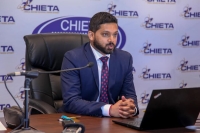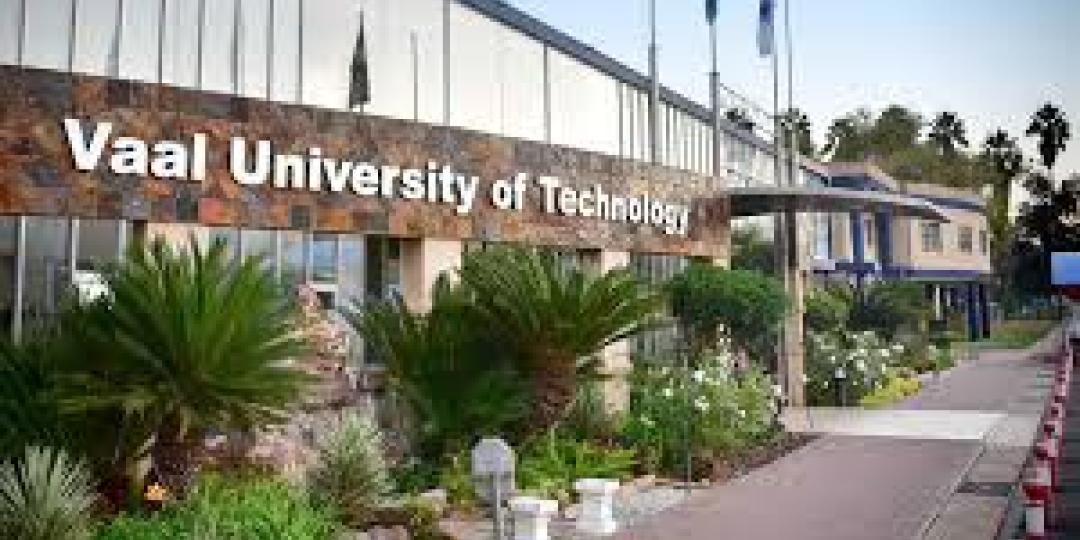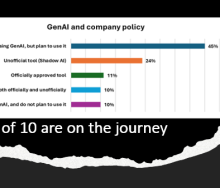The Chemical Industry Education and Training Authority (CHIETA) has announced it will be funding two major South African universities with R1 647 500 this year. The funding will help support research, innovation and work-integrated learning initiatives, as well as contribute towards curbing youth unemployment.

CHIETA CEO, Yershen Pillay, says the organisation’s 2020-2021 university partnerships are unique as they come at a time when the world is battling the Covid-19 pandemic, which has been battering economies for over a year, driving unemployment to new highs. “As an organisation, we are excited to be part of such ground-breaking initiatives aimed at uplifting our society during this tumultuous pandemic. We are determined to ensure that these partnerships, as well as our various other interventions, will succeed and benefit our communities,’’ says Pillay.
Covid-19 has also elevated the role of research in global efforts to find vaccines and a cure for the virus, as well as helping the world population to cope with the changes brought about by the pandemic.
Sefako Makgatho Health Sciences University in Pretoria North was granted R387 500 for its work integrated learning programmes. It will partner with pharmaceutical companies to offer work integrated learning for undergraduate students studying towards pharmaceutical related qualifications. These students will be able to complete their qualifications and gain workplace experience, creating a pool of graduates for absorption into South Africa’s increasingly important pharmaceutical sector.
Vaal University of Technology (VUT) has also received R510 000 to produce nanotechnology from waste glass. VUT’s project involves the collection of waste glass bottles for recycling and conversion into Nanoscilia. “The project will make use of non-returnable bottles that would be sourced from townships in the Vaal region. It will benefit unemployed youths in the townships, who will be collecting and recycling the glass bottles,” Pillay continues.
Nanoscilica products produced from the project will benefit tyre manufactures, pharmaceuticals and plastics industries, which is set to boost South Africa’s exports. The project will also contribute to reducing pollution as used bottles would be recycled. VUT has been allocated a further R750 000 for an electric car project.
The programme will also help Master’s degree students to develop a chitosan membrane for electricity production, which will be utilised in the development of fuel cell batteries for electric cars and engagement of students with Fourth Industrial Revolution (4IR) skills. VUT will also be partnering with Pet Industrial, where students will use the firm’s facilities for membrane development. The project will benefit the chemicals and energy industries, especially in the promotion of renewable energy.
Every year the CHIETA, with a mandate to facilitate skills development and training in the chemical and manufacturing industries, extends financial support to tertiary training institutions for work integrated learning. The SETA also provides grants to learning institutions, designed to help them prepare students for the chemical industries’ job market, and ultimately, aiming to ensure it plays its part in addressing South Africa’s high levels of poverty and unemployment, particularly amongst the youth and women.
Pillay also asserted the SETA’s commitment to forging ahead with its various interventions to stimulate the country’s economy, through the strength of its new and existing strategic partnerships in both the private and public sector.
“We must cement new and lasting partnerships that will allow us to put the chemical industry on the fast-track to adopting 4IR and to continue to innovate, in our quest to eliminate poverty, reduce inequality, while spurring the economic development of our country. Let us work to collectively position CHIETA as an innovation leader in the education and training sector,” Pillay concludes.















